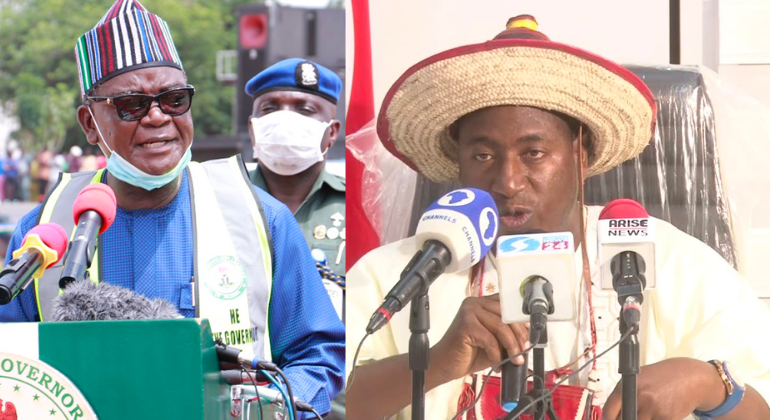
The socio-cultural group, Miyetti Allah Kautal Hore Fulani Association, on Monday called for the establishment of the Federal Ministry of Nomadic Affairs, with a mandate to broaden educational opportunities and address pastoralist challenges.
The group also knocked the governor of Benue State, Samuel Ortom, over his stance on the anti-grazing law.
Miyetti Allah stated this in a communique issued Monday and jointly signed by its National President, Abdullahi Bodejo, and its National Secretary, Mr Saleh Alhassan, at the end of the expanded National Executive Meeting with State Chairmen of the association held in Abuja.
It also demanded the immediate designation, gazetting, and development of all 415 grazing reserves across the country.
It said, “The meeting called for the immediate designation, gazetting, and development of all the 415 grazing reserves across the states of the federation as the first strategic step in addressing the challenges confronting Fulani herders in Nigeria.
“This will include the building of earth dams and solar boreholes; the building of veterinary clinics; and developing dairy (milk) collection centres.”
The group expressed dismay at the recent massacre of Fulani pastoralists in Taraba State and urged the Inspector General of Police to form a high-powered panel to identify those responsible for the heinous acts and ensure justice is served to the victims’ families to prevent people from resorting to self-help.
“The meeting dismissed the consistent claims of farmer-herder conflicts as a major setback of instability and insecurity in Nigeria. But rather, the conflicts are exacerbated by the activities of state-sponsored vigilantes and tribal hordes who willfully continue to carry out extra-judicial killings of Fulani pastoralists.
“The leadership of the association also condemned the continuous profiling of Fulani pastoralists by Benue State governor, Samuel Ortom, through the anti-grazing law which it said the governor has been using to officially confiscate and auction cattle belonging to Fulani in Benue-Nasarawa and Benue-Taraba border communities.”





